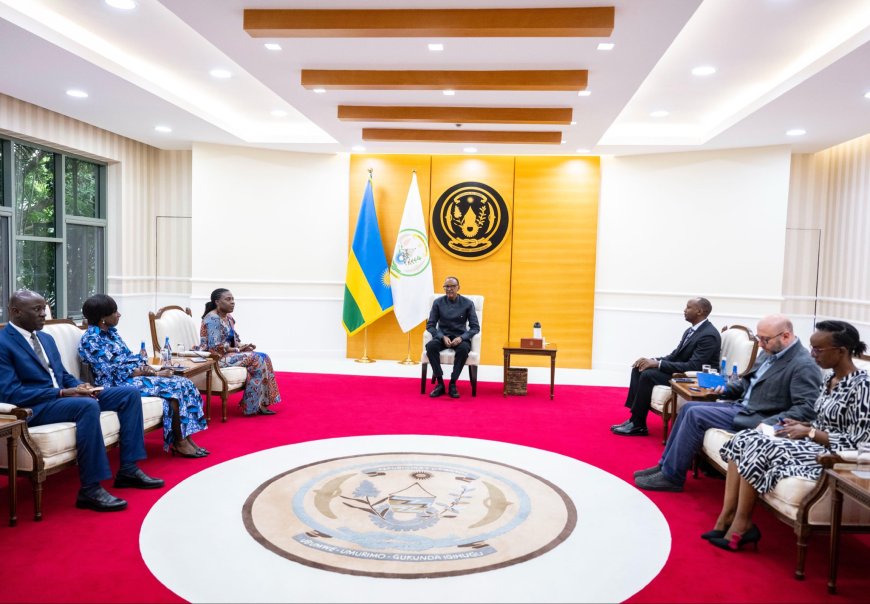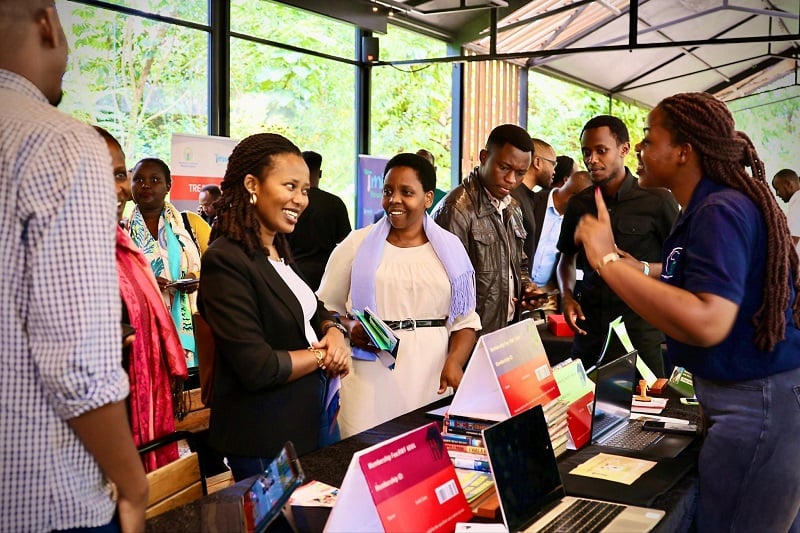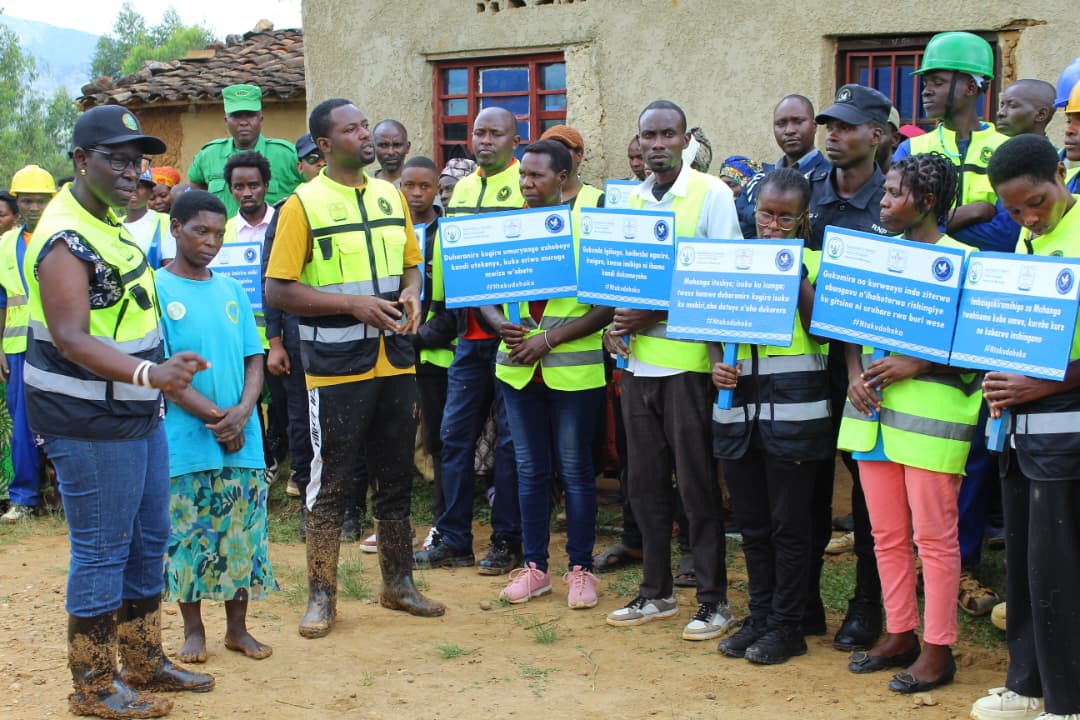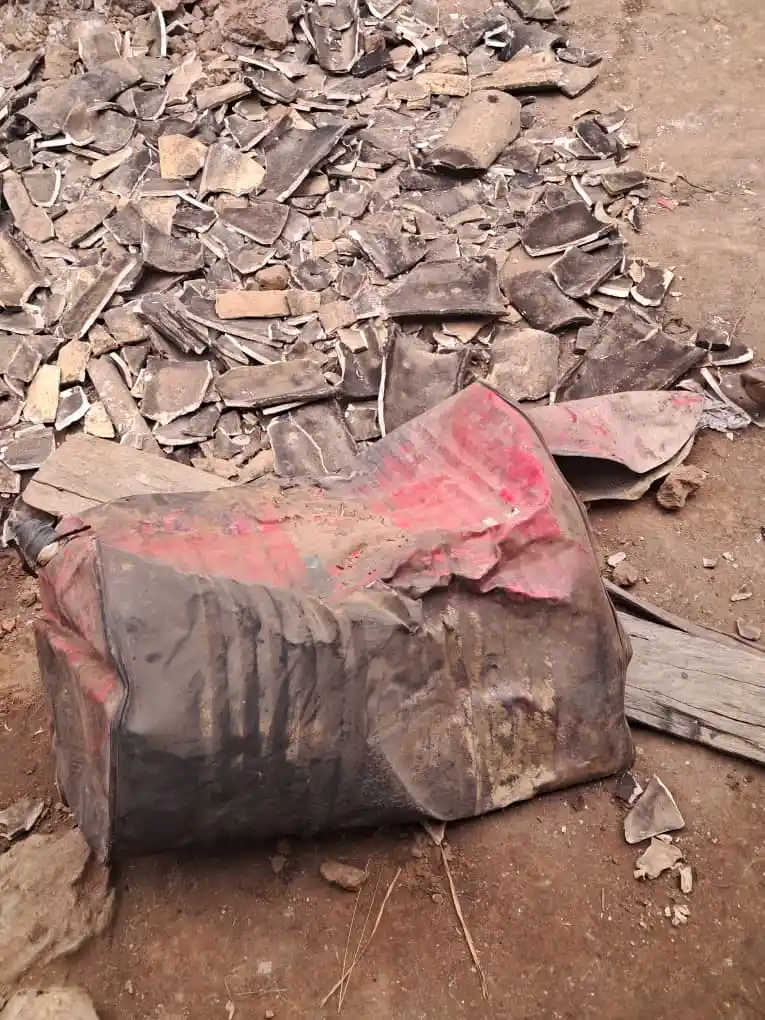
The Eastern and Southern African Trade and Development Bank (TDB Group) has granted Rwanda RWF 140 million (approx. USD 100,000) to support the development and expansion of Nyandungu Eco-Tourism Park, a flagship green project located in Kigali.
Nyandungu Eco-Park serves as a vital green space in the capital, offering residents and visitors a place to relax, walk, and engage in recreational sports while enjoying clean air and nature.
Nyandungu Eco-Park: A Growing Urban Green Haven
In 2024 alone, the park welcomed 76,754 visitors, a significant rise from 67,222 in 2023 and 48,813 in 2022.
Currently, Nyandungu Park spans 121 hectares, including 70 hectares of wetlands and 50 hectares of restored forest. The park is home to over 62 native plant species, many of which have medicinal properties.
Plans are underway to expand the park by an additional 43 hectares.
According to Kambogo Ildephonse, the Park’s General Manager, over 200 species of birds have returned to Nyandungu after restoration efforts revived its wetland ecosystem.
“The recovery of biodiversity here is one of our greatest achievements,” he said, referencing the publication of “Falling for the Birds of Kigali,” a comprehensive guide to bird species found in the park.
Visitor Demographics Show Strong Local Engagement
The park’s visitor base in 2024 included:
- 70% Rwandan nationals
- 20% foreign residents in Rwanda
- 10% international tourists
These numbers highlight the park’s growing popularity as both a local recreation hub and a sustainable tourism destination.
A Model for Eco-Friendly Urban Development
The Nyandungu wetland restoration began in 2016, aimed at combating environmental degradation and showcasing the role of wetlands in flood mitigation, wastewater treatment, and urban climate resilience.
The transformation involved the planting of 17,000 indigenous trees from 55 species and generated over 4,000 green jobs related to environmental conservation.
The park officially opened to the public in 2022 and has since become a symbol of Rwanda’s commitment to nature-based solutions for sustainable urban development.
Scaling Up Green Initiatives Across Kigali
Following the success of Nyandungu, Rwanda has launched a broader initiative to restore five more wetlands in Kigali, aiming to promote eco-tourism, urban recreation, and resilience against climate impacts.
These wetlands will feature a combined 58.5 kilometers of pedestrian and cycling paths, with resting benches placed every 500 meters to enhance accessibility for all.
Wetlands under restoration include:
- Kibumba Wetland – 68 hectares
- Nyabugogo Wetland – 131 hectares
- Rugenge–Rwintare Wetland – 65 hectares
- Gikondo Wetland – 162 hectares (56% complete)
- Rwampala Wetland – 65 hectares (20% complete)
According to the Ministry of Environment, Kigali’s wetland area has shrunk from 100 square kilometers to 77, prompting urgent efforts to restore 15 square kilometers of degraded wetlands.
Rwanda’s Vision: Urban Growth in Harmony with Nature
The Ministry of Environment emphasized that these restoration projects are part of Rwanda’s strategy to address urban challenges through environmentally integrated planning.
By blending green infrastructure with sustainable urban growth, Rwanda is positioning itself as a regional leader in eco-urbanism.






